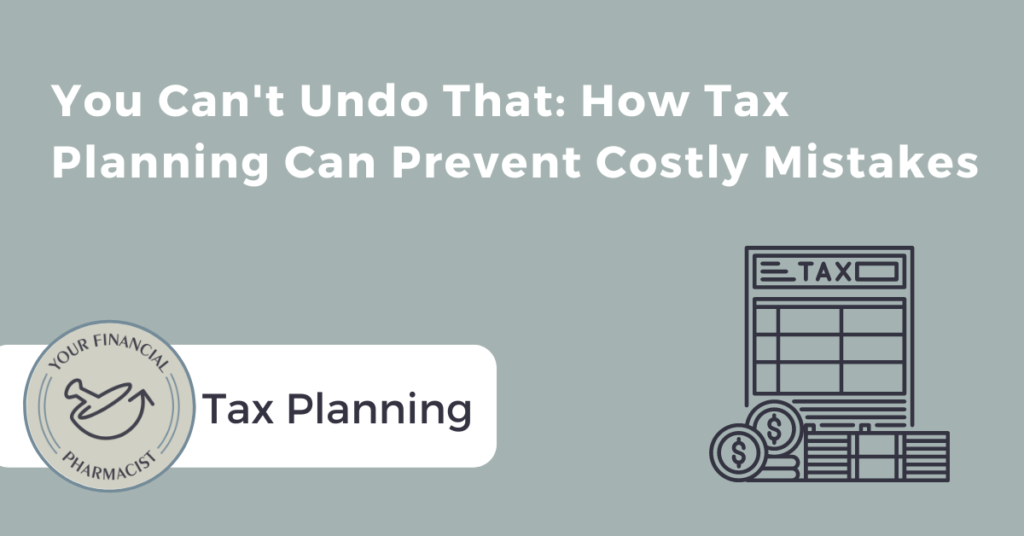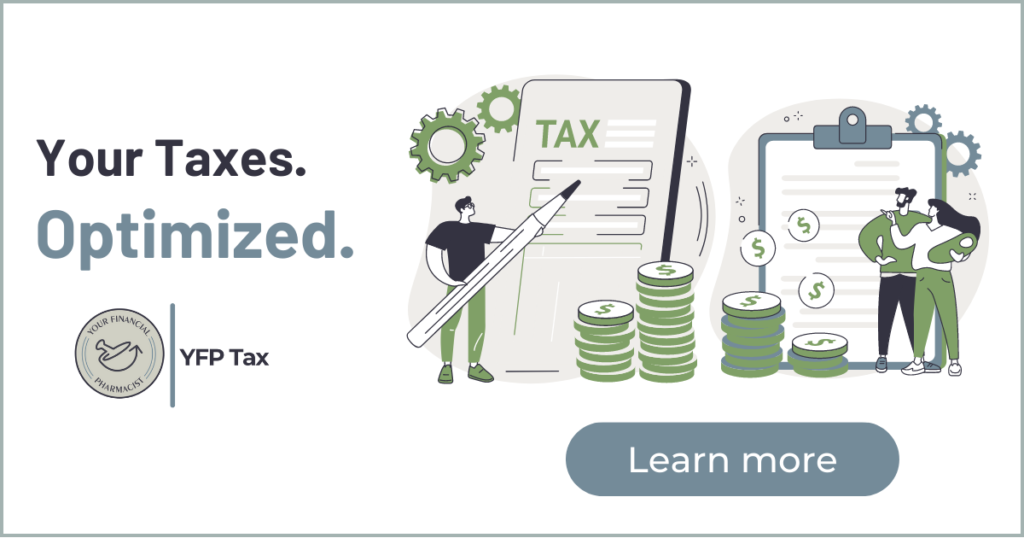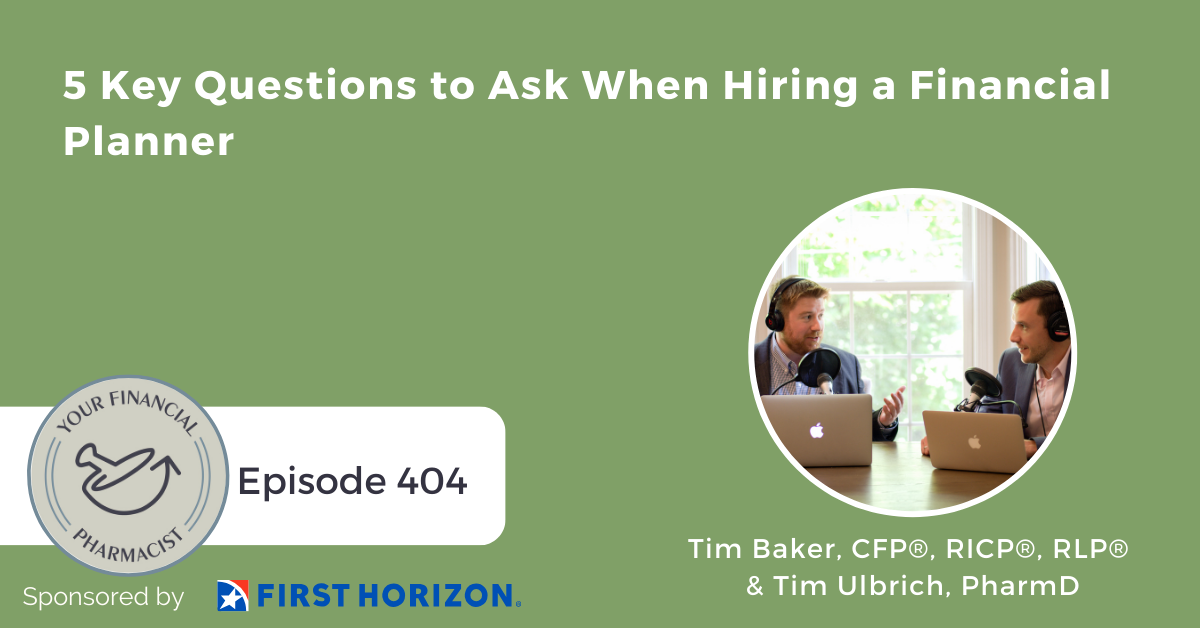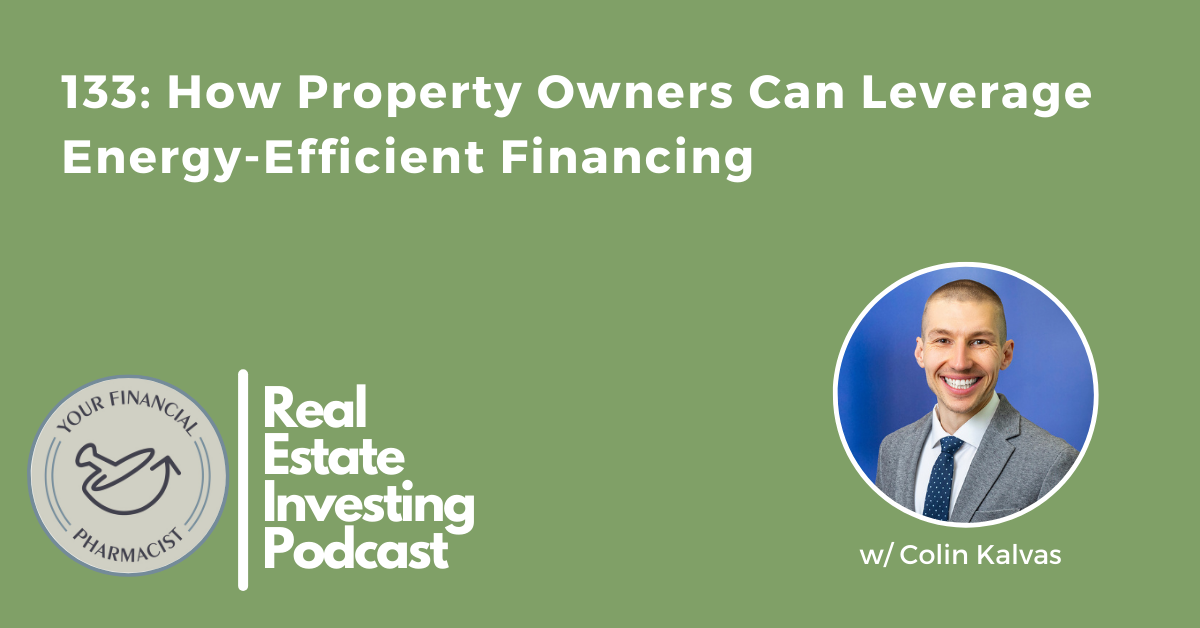By Sean Richards, CPA, EA
As I was relaxing this weekend and watching one of my all-time favorite films — the 1985 Robert Zemeckis classic Back to the Future — I was thinking…how awesome would it be to be able to turn back time?
I’m not talking about going 30 years in the past and accidentally preventing my parents from falling in love, threatening my very existence. I just mean being able to go back and change some small mistakes, knowing what I know now.
Like an Undo button for life — a quick Ctrl + Z (or I guess I should say, Command + Z, as a recent Mac-convert).
That time you accidentally called your professor “Mom” in front of the whole class? *click* Do over!
That holiday dinner with extended family when you figured why not to bring up politics? *click* Now you can just talk about the weather!
And how about a few tax examples that could benefit from a Command + Z including…
That year you made it rain…so much so that you didn’t have enough cash to pay your taxes at the end of the year? *click* Do over!
That time you bought, fixed up, and sold an investment property only to be surprised by the taxes on the capital gains? *click* Now you can go back and strategize how to minimize or avoid those taxes!
Or, a big one right now…that time you didn’t synergize your tax-filing and public service loan forgiveness (PSLF) strategy and ended up paying more out of pocket than otherwise could have been forgiven tax-free? Ouch. *click* Redo!
The list can go on and on for common tax mistakes we see pharmacists making and, perhaps, less obvious, common strategies that could be employed, through proactive planning, to make sure you pay your fair share but no more.
Unfortunately, we’re still waiting for the Flux Capacitor to be invented.
Until that time comes, we need to be proactive in avoiding mistakes before they happen.
The good news is that some mistakes are easily avoidable…with the right strategy in place, that is.
Let’s take the first example from above – You’ve started doing some consulting work on the side of your full-time gig – after all, your mentor always did say, “If you’re good at something, never do it for free.” A few clients send you something called “1099s”. “Must be like some sort of proof of payment,” you tell yourself. “They already paid me in cash.”
You’re overrun with emotion. Excitement, surprise, self-validation (“maybe I’ll make a post on LinkedIn thanking all the haters who told me I couldn’t do it…”).
And on top of all that, you are ~flush~ with cash.
Finally, with some extra cash and breathing room, you can start hitting the fast-forward button to achieving your financial goals.
Building extra reserves – check.
Extra savings towards retirement – yes, please.
Purchasing an investment property – let’s do it!
Life’s looking pretty good with some extra cash, isn’t it?
Flash forward ten months (in real life, no time machines this time) — it’s April, and your tax return is due. “Congrats on the great year!” your accountant tells you, although this face suggests it may be best to put the champagne bottle back on ice. “I do, however, have a bit of bad news…”
$10,000.
You owe ten THOUSAND dollars to the IRS.
“Well, that’s the price of doing business I guess.” And you’re right; a large tax bill usually is an indicator that you had a great year. The problem is, that money is long gone. You set up an installment plan with the IRS, pay a boatload of interest, and learn from your mistakes.
But what if…
What if you had put some money aside for taxes in the summer?
Better yet, what if you had forecasted your end-of-year tax liability and made estimated payments against it each quarter?
Better better yet, what if you had strategically redeployed your excess cash to support your financial growth AND reduce your taxable income?
Even better still, what if you had an accountant do all that for you?
The proactive, forward-looking process I’m describing is called tax planning and is something that is too often overlooked when folks are crafting their financial plans. The focus tends to be on tax preparation, the once-a-year push to file returns before scary, looming deadlines.
While we all wait for the Undo button for life, we need to shift that focus.
I like to compare tax planning to the role of a director in filmmaking, while tax preparation is more like the role of an editor. While both are crucial to the end product, a director has the ability to change the acting in real-time, allowing her to align what’s happening on the set to exactly what she envisions in her script. The film editor can work his magic to take what has already been filmed and make it beautiful, but he’s limited by the passage of time: the scenes have already been cut.
Would a filmmaker prefer to edit a movie that was shot without direction or one that was filmed under the guidance of an expert director like Robert Zemeckis?
So why choose to build a financial plan without incorporating tax planning?
And don’t say because you can always hop in the DeLorean…unless, of course, you’re offering me a ride.
Still have questions? We can help.
The YFP Tax team offers a Comprehensive Tax Planning (CTP) service, created for the pharmacy professional, designed for folks who are ready to be proactive about their tax strategies.
To learn more about how YFP Tax’s CTP service can help add direction to your financial plan, visit yfptax.com or book a call with Sean Richards, CPA, EA, Director of Tax at YFP.









